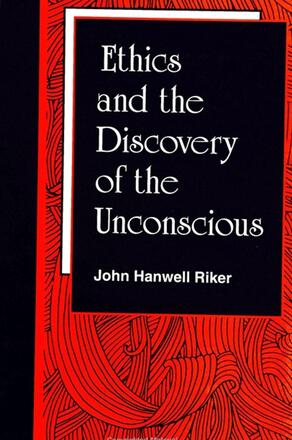
Ethics and the Discovery of the Unconscious
Alternative formats available from:
Develops an original and compelling moral psychology that recognizes both the centrality of unconscious motivation and the inescapability of moral responsibility.
Description
This book shows why the discovery of the unconscious by Nietzsche and Freud requires a reconception of the concepts of moral agency and responsibility and even of morality itself. It explicates how contemporary psychology has taken over the traditional task of ethics in elucidating a theory of human well-being, but criticizes this psychology for being unable to generate adequate notions of either responsibility or moral agency. Riker develops a new moral psychology in which the reality of unconscious functioning is included within a theory of responsibility, and the agent's primary ethic concern becomes knowing what her unconscious motivations are and integrating them into a morally and psychologically mature self.
John Hanwell Riker is Professor of Philosophy at Colorado College. He is the author of Human Excellence and an Ecological Conception of the Psyche, also published by SUNY Press, and The Art of Ethical Thinking.
Reviews
"[What I like most is] its effort to show the possibility of the formation of ethical subjectivity through personal dialogue with an individual's unconscious. The topic is particularly significant in this society. The extent to which a normative ethic can be derived from psychological structures and experiences is a subject of important debate.
"The book's major insight is focused by its account of maturity as a field of criteria for social values. It addresses major ethical issues and is written out of the author's personal and intellectual discoveries. Its tone and affection give intensity to its philosophical and intellectual content. Its originality is found in the development of a series of claims about mature agency that is controversial and significant to both philosophers and psychologists." — Charles E. Scott, Penn State University